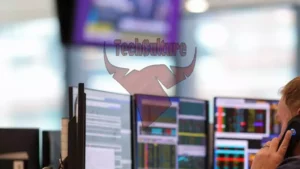AI Translation Startup Linguana Raises $8.5 Million to Expand YouTubers’ Global Reach
Linguana, an AI translation startup co-founded by serial entrepreneur Yuval Tal, has secured $8.5 million in seed funding to enhance its technology and onboard more creators. The company aims to help YouTubers expand their reach by creating channels in multiple languages.
Linguana’s AI technology translates YouTube videos into multiple languages while capturing the tone of creators’ voices for authenticity. The process involves human reviewers to ensure quality and accuracy. The startup operates on a revenue-sharing model, splitting earnings 50/50 with creators without charging upfront fees.
Targeting established creators with over 1 million monthly views, Linguana focuses on evergreen content for broader appeal. The impact on creators has been significant, with some seeing substantial new revenue streams. For instance, gardener Charles Dowding’s localized channels now achieve 250,000 views monthly.
In the competitive landscape, Linguana claims to offer more comprehensive solutions than YouTube’s auto-dubbing features, with higher accuracy and quality. The startup’s unique selling proposition includes stand-alone channels with translated thumbnails, descriptions, and localized comment sections.
Linguana’s pitch deck highlights monetization opportunities for video creators and details on AI automation. The company reports rapid growth in localized video viewership, projecting an increase from 19.5 million to 108.1 million views in 2024.
Led by Yuval Tal, the founding team includes key executives Oded Shafran, Galit Assaf, and Shuki Merlis. The company’s operational approach offloads localization tasks from creators, combining technology with human oversight.
Financially, Linguana takes on upfront costs in exchange for revenue splits, covering expenses related to AI tools, human proofing, and infrastructure. The startup is backed by angel investors and early-stage venture firm 2LVC.
As Linguana continues to expand its creator partnerships and technological capabilities, it is well-positioned to capitalize on the growing demand for localized content in the creator economy.



